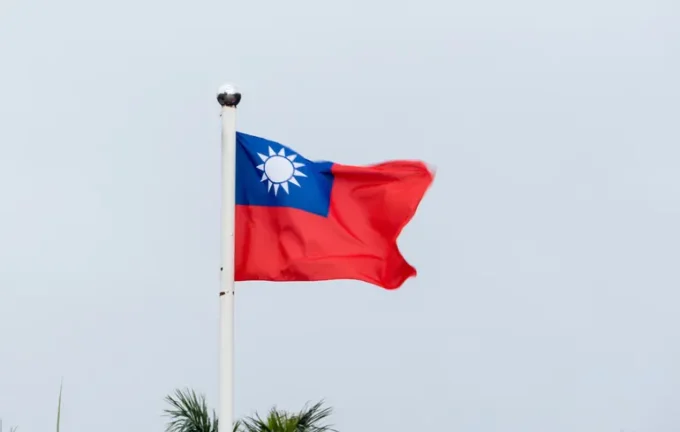China’s Covert Operations to Stage Incident Involving Taiwan’s Vice President: Czech Intelligence Unveils Secrets

An unexpected escalation in the tense relations between China and Taiwan has come to light after Czech intelligence disclosed evidence of potential attempts by Chinese diplomats and spies to orchestrate a provocation during the upcoming visit of Taiwan's Vice President, Xiao Bi-Han, to Prague. According to sources, Chinese agencies allegedly planned to stage a road accident or other incident to create a negative backdrop for her official trip. This occurred during her first foreign visit since being elected president in January 2024, when she traveled together with Taiwan's President Lai Ching-te. Reports also indicated a road incident involving a Chinese diplomat, who supposedly ran a red light following Xiao Bi-Han's vehicle, leading to police intervention. However, recent intelligence data suggest that this event was part of a much broader and more elaborate scheme to undermine the security and diplomatic efforts of Ms. Xiao, involving activities from the Chinese embassy in Prague. Czech military intelligence Director Petr Bartošek confirmed that the police stop was only the tip of the iceberg, with authorities uncovering plans to create conflicts that could escalate diplomatic tensions. Intelligence spokesperson Jan Pěšek added that the plan supposedly involved provocations designed to provoke a confrontation, which could escalate into a diplomatic crisis or even violent incident. This revelation prompted a strong response from Taipei, condemning Beijing's actions and demanding explanations and public apologies. Meanwhile, China’s Foreign Ministry spokesperson, Guo Jiajun, denied any wrongdoing on the part of Chinese diplomats, accusing the Czech government of intrusion into China’s internal affairs and interference with its diplomatic endeavors. China continues to regard Taiwan as its territory and has never ruled out the use of force to reunify the island. Peking describes Taiwan's President Lai Ching-te as a “separatist,” dismissing proposals for dialogue, asserting that only the island’s people can decide their future. This situation underscores the ongoing and deeply rooted complexity of cross-strait relations, which remain one of the major security challenges in the Asia-Pacific region.

